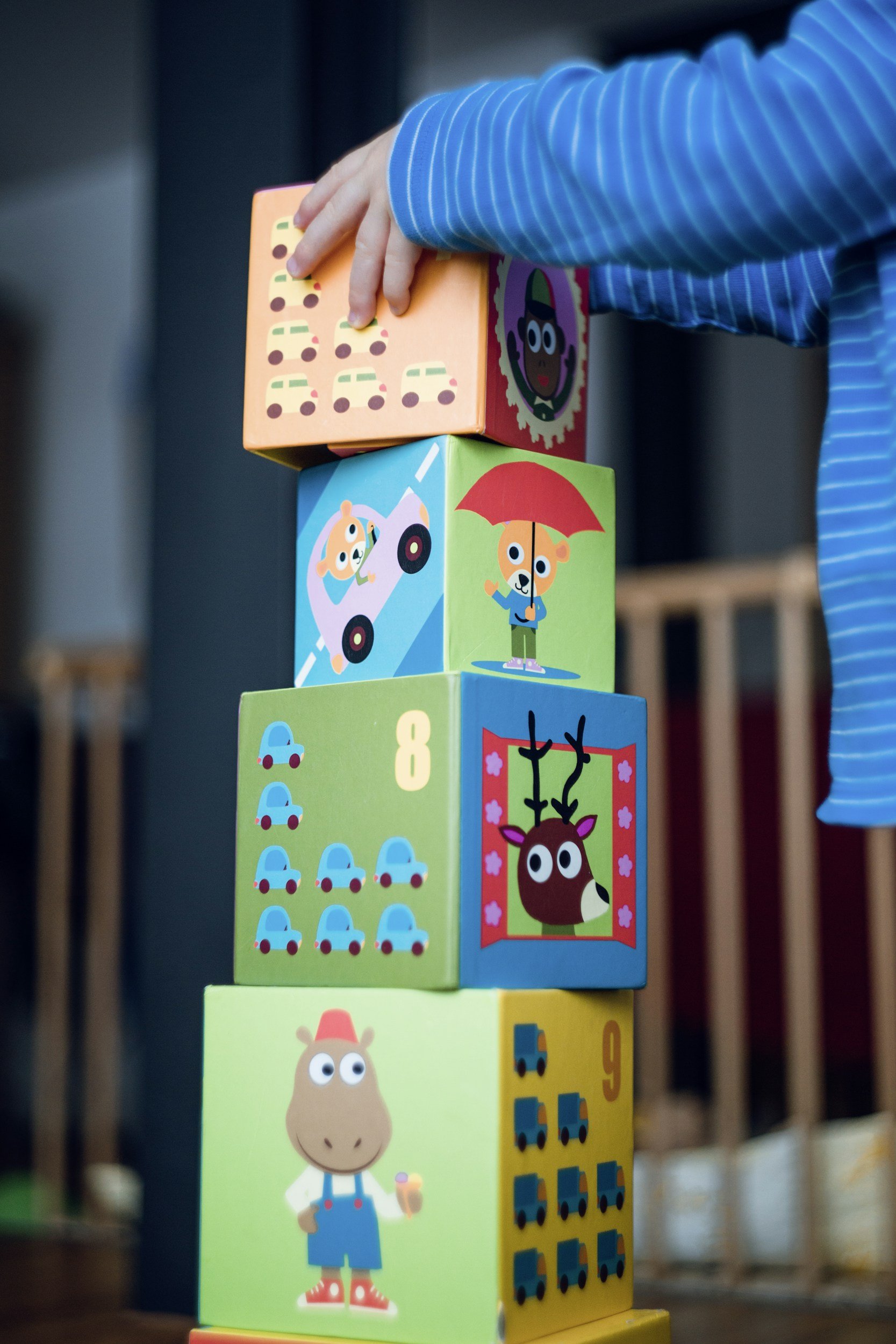
Early Childhood Experiences.
????
Negative Early Childhood Experiences (NECE) refer to traumatic or adverse situations encountered by children during their formative years, typically from birth to age 8. These experiences, which may include abuse, neglect, or household dysfunction, can significantly impact a child’s physical, emotional, and cognitive development. In the UK, around one in three adults (31%) reports having experienced at least one Adverse Childhood Experience (ACE) during their childhood. Studies indicate that children exposed to multiple ACEs are at higher risk for mental health issues, poor academic performance, and even chronic health problems later in life. For example, children who have experienced four or more ACEs are twice as likely to have poor school performance and are more likely to develop conditions such as heart disease and depression in adulthood. Addressing the causes and mitigating the impact of NECE is critical for parents, educators, and policymakers to ensure healthier outcomes for children in the UK.
Types of Negative Early Childhood Experiences
Negative early childhood experiences can vary widely, but some common categories include:
Abuse:
Physical abuse: Hitting, slapping, or other forms of physical harm.
Emotional abuse: Verbal assaults, constant criticism, rejection, or humiliation.
Sexual abuse: Any form of sexual exploitation or inappropriate sexual behavior.
Neglect:
Physical neglect: Failure to provide basic needs such as food, shelter, or proper hygiene.
Emotional neglect: Lack of emotional support, affection, or attention.
Household Dysfunction:
Exposure to domestic violence.
Parental substance abuse or mental illness.
Parental incarceration or criminal behavior.
Divorce or separation that causes instability.
Poverty and Economic Hardship:
Living in conditions of deprivation can cause stress, hunger, and a lack of resources for learning and development.
Homelessness or housing instability further exacerbates these problems.
Bullying or Social Exclusion:
Children who are frequently bullied or isolated by their peers may experience chronic stress and low self-esteem.
Witnessing Community or Societal Violence:
Growing up in a neighborhood with high crime rates or exposure to community violence.
Our training programme is in development. Please contact us if you would like more information

“It all begins with an idea. Maybe you want to launch a business. Maybe you want to turn a hobby into something more. Or maybe you have a creative project to share with the world. Whatever it is, the way you tell your story online can make all the difference.”
— Squarespace


